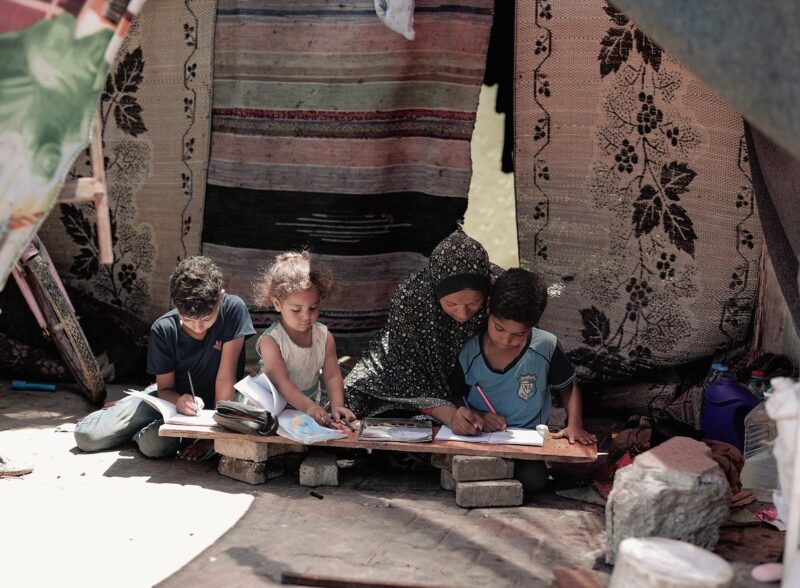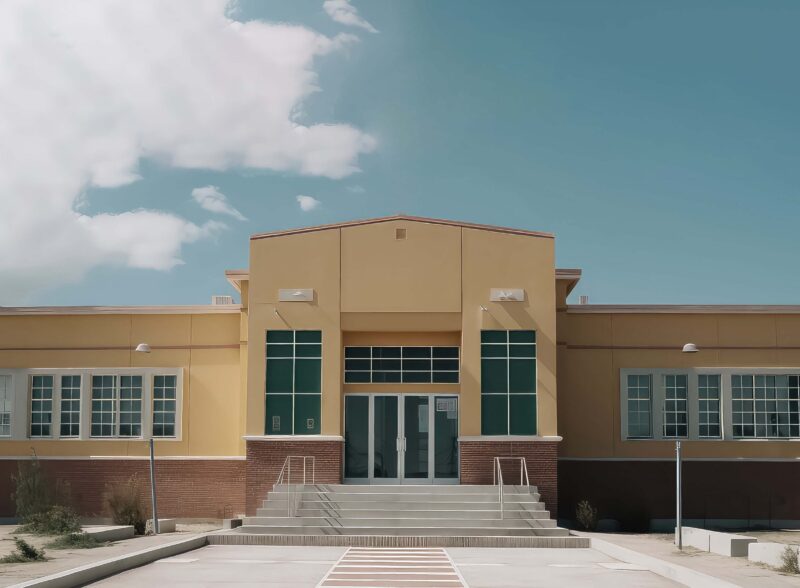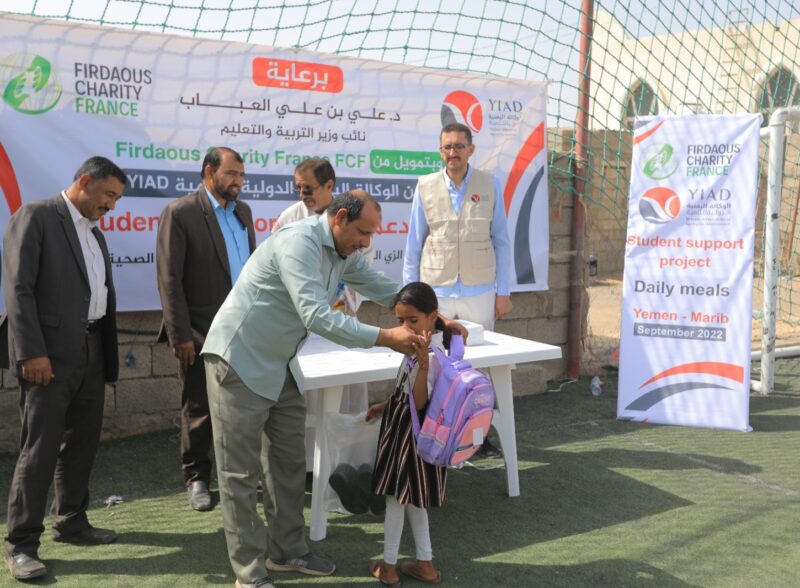The Educational Tent in Gaza
Additional Classrooms
Sustainable School
Talented care project (Türkiye – Malaysia – Syria – Yemen)
Teacher Training Programme (Syria – Yemen – Benin – Somalia)
Students’ School Needs (Benin – Somalia)
CHALLENGE
Students:
School dropout rates are increasing in many crisis-affected areas due to continuous displacement and harsh living conditions for families, making it difficult to break the cycle of ignorance and ensure the continuity of education.
Teachers:
The irregular payment of teachers’ salaries is one of the main challenges, significantly affecting the sustainability of the education system and its ability to provide consistent learning.
Infrastructure:
Educational infrastructure in crisis-affected regions has been severely impacted. Many schools are now unusable due to complete or partial destruction, being repurposed for non-educational uses, or closure because of proximity to conflict zones.
Curriculum:
Schools in these areas face challenges in accessing educational curricula due to halted textbook printing or lack of resources, which weakens the role of education in promoting a culture of tolerance, instilling values of peace, and fostering equality.
COMMITMENT
YIAD believes that education is a basic human right and a shared community responsibility that both local and international actors should work to protect. Education is viewed as the foundation of development and a vital driver for the transformation of individuals and communities. Therefore, YIAD strives to ensure that every student has the opportunity to succeed through access to quality education.
YIAD also pays special attention to displaced, marginalized, and refugee children. It works to ensure that these children are not deprived of their right to education due to displacement, poverty, or difficult circumstances imposed on them. YIAD believes that improving opportunities for general, vocational, and higher education can only be achieved through the collective efforts of individuals, institutions, and organizations.
INTERVENTIONS IN THE FIELD:
- Facilitating access to basic education for all, including marginalized and vulnerable communities.
- Launching international awareness campaigns about the reality of education in crisis-affected regions, with the goal of amplifying the voices of millions of out-of-school students.
- Establishing and reconstructing schools and universities to improve their infrastructure and provide a suitable educational environment.
- Enhancing opportunities for learning, vocational training, and supporting youth to access higher education in accordance with their needs and aspirations.
- Providing school supplies and uniforms and encouraging the implementation of sustainable school nutrition initiatives using local resources.
- Building the capacity of teachers and empowering them to improve educational outcomes, as well as enhancing information management systems to aid better educational planning.
- Implementing education in emergencies projects to ensure the continuity of learning in unstable conditions.
- Implementing programs to support talented and creative students and qualify young people for the labor market.







